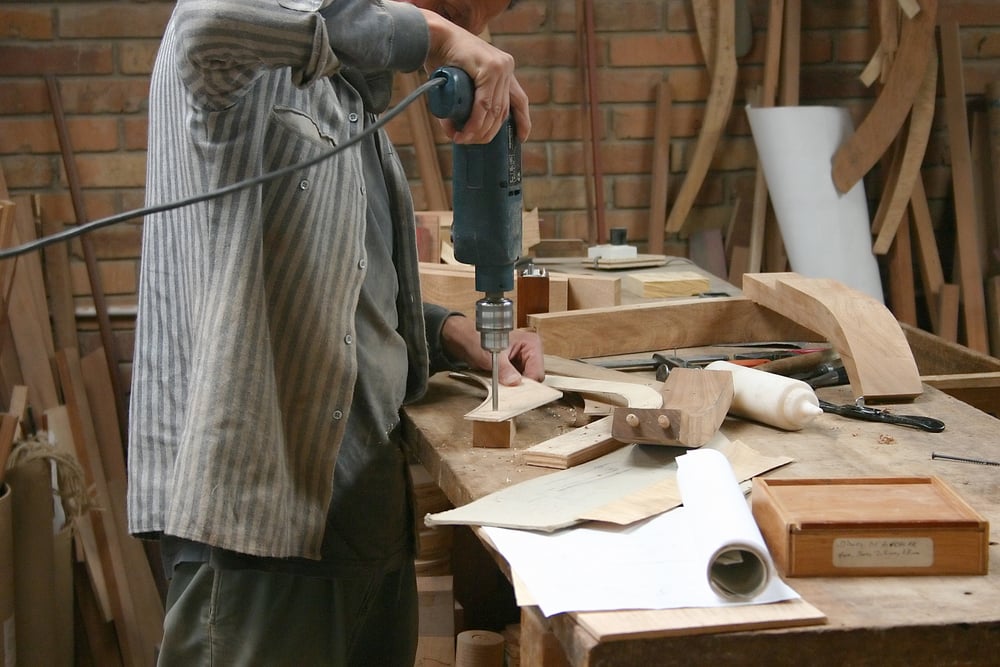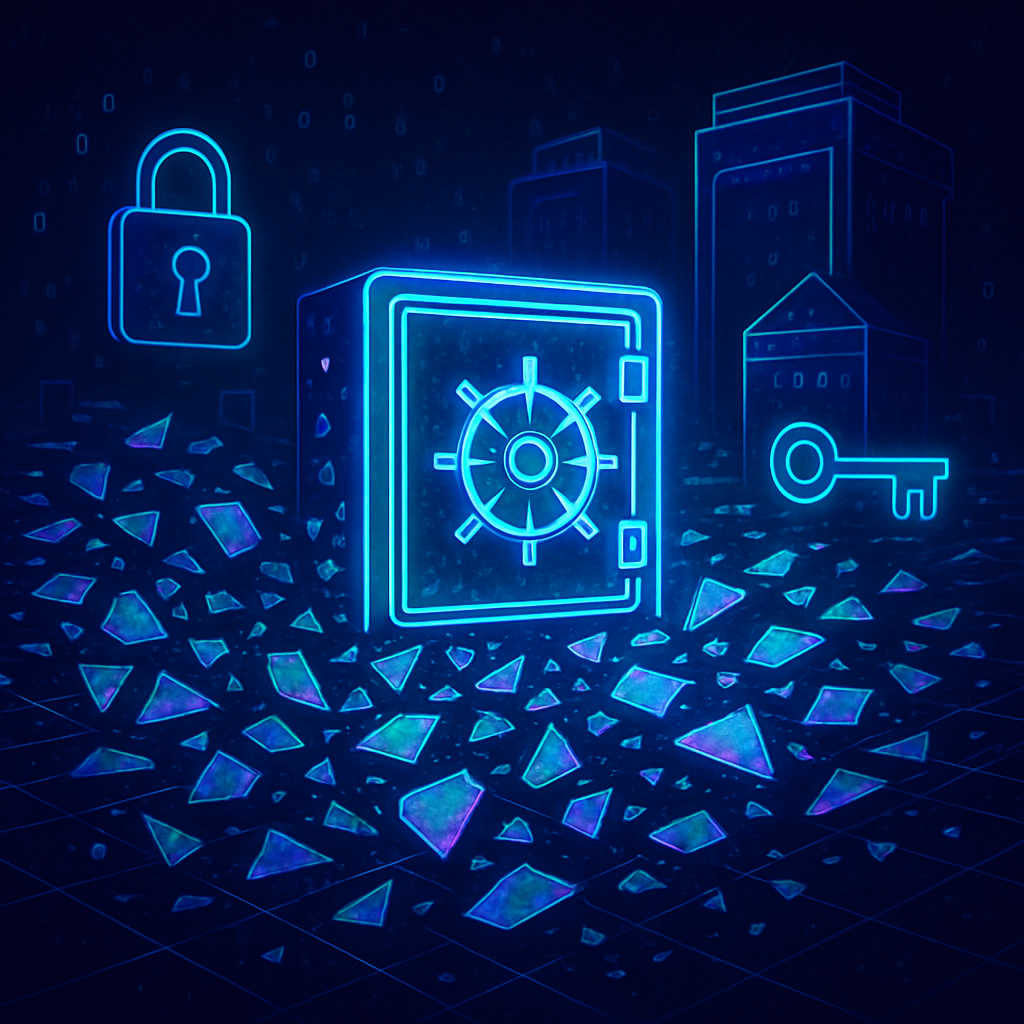Team Spotlight: Software Engineer Johan Wiström
Software development is a fast-growing field with employment opportunities projected to grow 25% from 2021 to 2031. With nearly 15 years of experience in software development, Johan is often asked for advice by others entering the field, so we thought we’d take the opportunity to sit down with him to learn more about his journey and share his insights and advice.
How did you get started in software development?
I’ve been a software engineer for approximately 15 years, but even before formally studying engineering I had been interested in software development for a long time. Many of us in this field grew up with computers and one of the first things we did was take them apart to understand how they work and rebuild them. I always knew that I wanted to do software development but when I applied to the university, I decided to study aerospace because I was fascinated by that as well. I had been told that it really doesn’t matter which program I focused on, so I explored aerospace engineering continuing to do software engineering and development on the side. Once you build the core engineering skills you can go in a lot of different directions.
What drew you to software development?
I like software development for three main reasons. First, it is very analytical. Basically, it is problem solving at its core. It sounds a little cliché but if something doesn’t work, I know it is not the computer, it is me and I like that it is a very tangible challenge. Another aspect I really like is that it is very creative, which is something many people don’t understand. Over the years, a lot of my colleagues have been into music, drawing, and painting. Personally, I like woodworking. And finally, everything in society today depends on software. If computers crash, life as we know it stops. Because of that, the opportunities and possibilities as a software engineer are endless. We can do infinite things – things we couldn’t have imagined 20 years ago are a reality today – and it is up to us to come up with the ideas.
How does that relate to the work you are doing now?
ShardSecure is quite a good example of this. The idea of microsharding is easy to understand conceptually. But coming up with the idea and designing it so that it happens transparently, reliably, and in real-time is the difficult part, and the challenge I like.
The move to quantum computing is also fascinating and really exciting because it makes Microshard technology even more relevant. Quantum computing will make it even easier to crack encryption so microsharding will become more and more prominent in the market as a quantum-safe way to protect data. It’s exciting to work in an area that is so innovative and has so much growth potential.
Do you have some advice for others looking to get into the field of software engineering?
Yes. There are a few areas I tend to get asked about. The first thing people often wonder is what kind of education they should get. Of course, education is important, but I think it is more important that you have a genuine interest in computers and a fascination that started early in life. I have hired people before and, sure, education is great and will help get your foot in the door, but if you have interest, the will and can showcase what you can do, that will carry you far. Your creativity, relentless focus, and a problem-solving mindset is what will make you a great developer.
Another common misconception is that software developers are introverted and therefore we work in silos and not with each other. While many of us may be introverted, software development requires intensive teamwork. The reality is that we never work alone, so being able to speak up and have your voice heard is a very important quality to have.
Finally, this industry evolves rapidly, and new technology pops up everywhere, so it is important to be interested in learning new things. There are great resources and courses available online. In fact, I’m taking a class right now as we are always innovating which often involves new technologies.
You’ve worked in large companies and in start-ups. Any advice or observations from that perspective?
Tied back to ongoing learning and training, some larger companies have development plans for each team member. When you’re at a start-up, chances are you won’t find that. But that doesn’t mean those opportunities don’t exist. ShardSecure is a great example. Professional development is encouraged, but the interest is expected to come from the individual to seek out what is available and what new area to focus on and the company will support those efforts.
I have also found that you have more space to be creative in smaller companies or start-ups. Large companies can box you in a little bit. When you aren’t separated from the rest of the company, you have an opportunity to see other sides of the business. I find it extremely useful and interesting to sit in on customer meetings in order to understand the differences across multiple markets. For example, what’s important in the US market versus the EU market, and how product requirements, computing environments, and the problems customers are trying to solve vary. Having a holistic view helps you design the product accordingly, which is not just beneficial, it is a necessity.
ShardSecure has several current openings for software engineers and other product positions. Learn more here.







